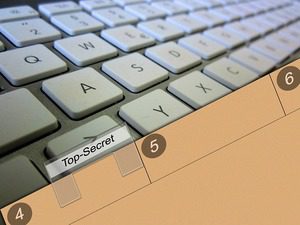 Have you been hacked? Has your personal information been compromised? If so, what are you worth? What’s your information selling for? If you’re curious, take a trip to the Dark Web to find out.
Have you been hacked? Has your personal information been compromised? If so, what are you worth? What’s your information selling for? If you’re curious, take a trip to the Dark Web to find out.
The Dark Web is the “underground” internet. All of the servers are hidden and encrypted. The only way to access them is via a collection of ultra-secure browsers, the most well-known of which is TOR. If you download the browser, it will serve as your key to sites on the Dark Web. Once there, you can find…well, almost anything, including perhaps, your own information.
Your first visit to the Dark Web can be a shocking experience. Even more shocking when you start finding websites casually selling drugs, assassinations, and yes, even your personal information. You’ll probably also be amazed at how inexpensive that information is to acquire, and the staggering variety that is available.
Credit card information has been a favorite for years, but is now falling out of favor. Bundles of credit card numbers can be purchased for an average of just $0.22 each. On the other hand, Paypal and Uber accounts are both increasing in popularity. You can purchase someone’s Paypal credentials (“with a guaranteed minimum $500 balance!”) for less than five dollars. You can purchase Uber accounts for about the same price.
If you’re wondering why you might want someone else’s Uber account, the scam is this: Using their login, you can pass yourself off as the legitimate Uber driver, booking “ghost rides,” and collect a steady stream of fees. All this, and more, lurking just beneath the surface of the internet you know, love and use every day.
Spend a bit of time on the Dark Web, for educational purposes if nothing else. Once the initial shock wears off, the thing that will leave the biggest and most lasting impression is how mature and sophisticated those markets are. It’s amazing, and will leave you speechless.